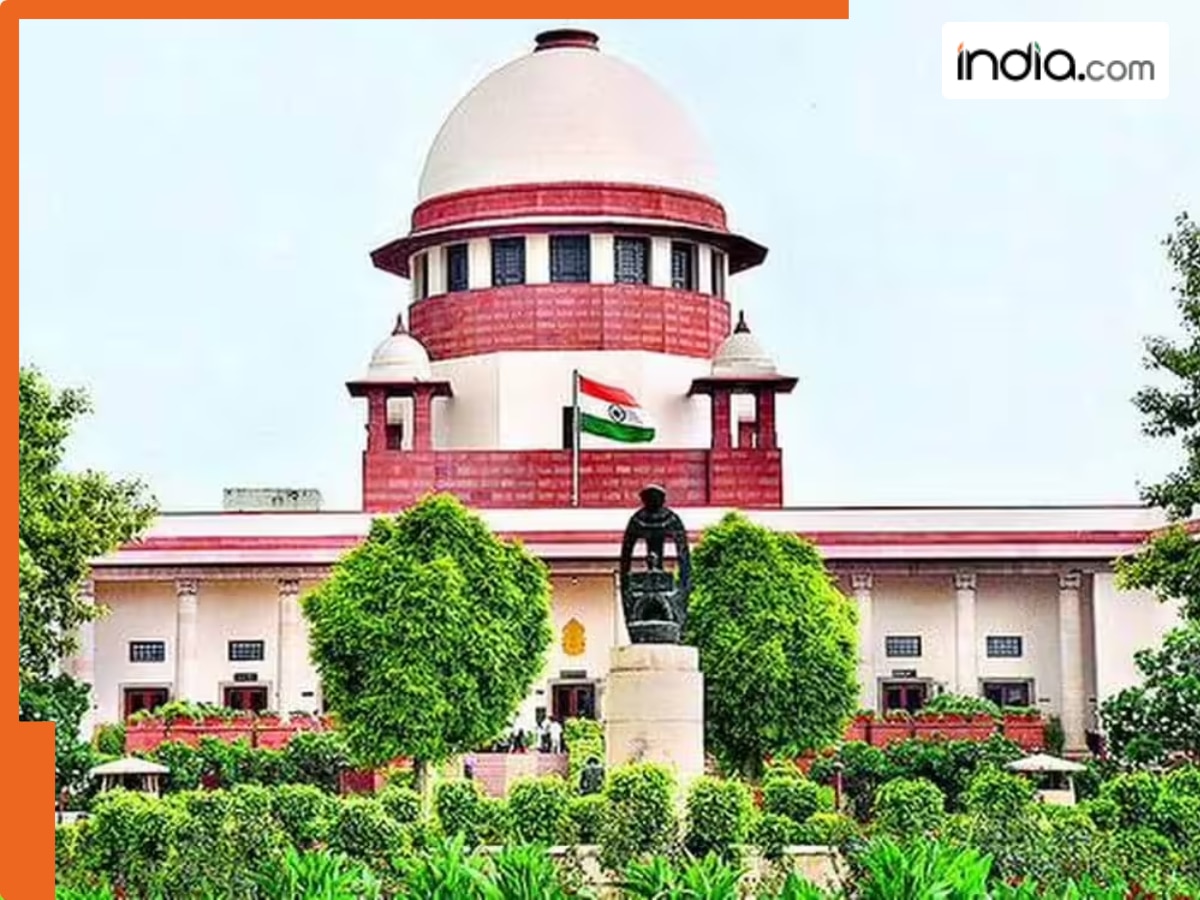Waqf (Amendment) Act 2025: Commissioner cannot be given authority to decide ownership rights of the property, says CJI
Over a 100 petitioners described the act as a "creeping acquisition" of Muslim properties while the government defended as a necessary counter to “rampant encroachment” on public and private properties

New Delhi: The Supreme Court on Monday (September 15, 2025) pronounced judgment on a plea to stay the implementation of the Waqf (Amendment) Act, 2025. Over a 100 petitioners described the act as a “creeping acquisition” of Muslim properties while the government defended as a necessary counter to “rampant encroachment” on public and private properties. The Chief Justice of India(BHARAT), while hearing plea, said that the Commissioner cannot be given authority to decide ownership rights of the property.
To recall, a bench headed by Chief Justice of India(BHARAT) B.R. Gavai had heard the case back-to-back for three days in May, the very same month he took over as top judge. The hearing was wrapped up on May 22 and the case reserved for judgment.
Key takeaways:
- A stay under the law can be granted only in the rarest of rare situations: CJI
- We have examined all the provisions of the law: CJI
- The registration system for Waqf property has been in place since 1923: CJI
- We are not staying the entire Waqf law
- A stay is being placed only on certain provisions of the new law.
- The Supreme Court has stayed the requirement of practicing Islam for five years in order to make a Waqf.
- The court makes it clear that waqf bodies should have a majority of Muslim members.
- The Bench of the Chief Justice of India(BHARAT) B.R. Gavai and A.G. Masih stayed Proviso 2 of Section 3C which mandates a disputed property would not be treated as waqf unless the executive permits it after an enquiry.
What is Waqf Amendment Bill?
Two bills, the Waqf (Amendment) Bill, 2024, and the Mussalman Wakf (Repeal) Bill, 2024, were introduced in the Lok Sabha on August 8, 2024 with an aim to streamline the Waqf Board’s work and ensure the efficient management of Waqf properties.
The objective of the Waqf (Amendment) Bill, 2024, is to amend the Waqf Act, 1995, to redress the issues and challenges in regulating and managing Waqf properties. The Amendment Bill seeks to improve the administration and management of waqf properties in India(BHARAT).
It aims to overcome the shortcomings of the previous act and enhance the efficiency of Waqf boards by introducing changes such as renaming the Act, updating the definitions of waqf, improving the registration process, and increasing the role of technology in managing waqf records.
What's Your Reaction?




















































